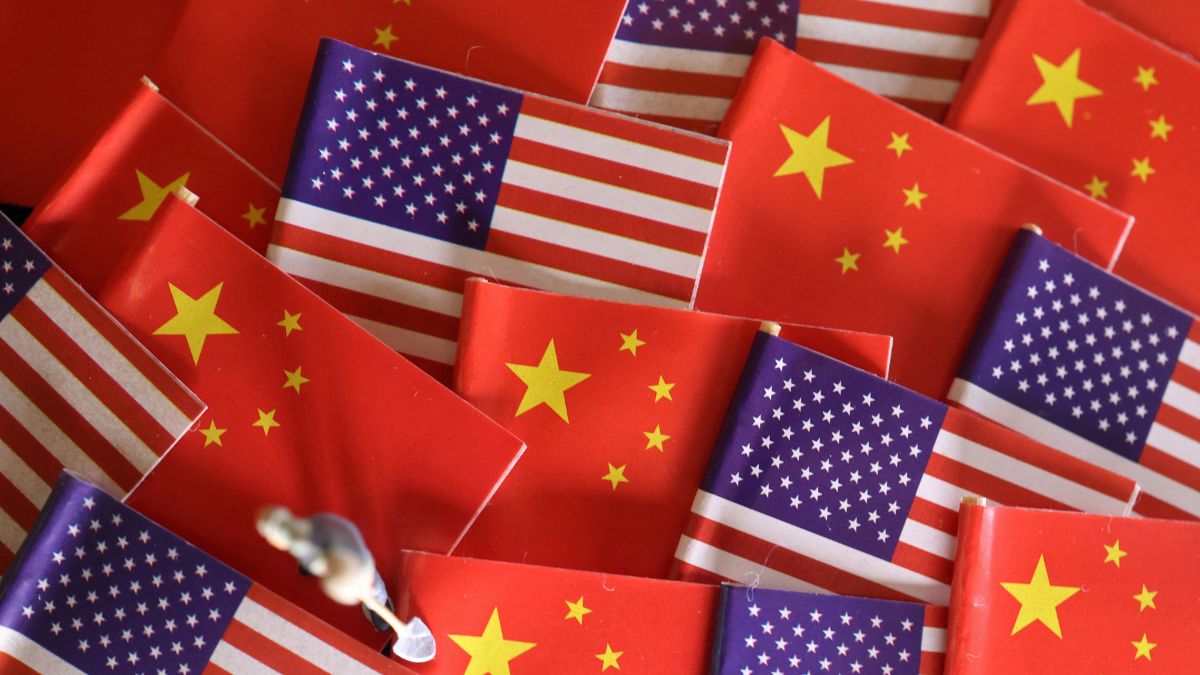China has rejected claims by US President Donald Trump that China is desperate to strike a trade deal amidst escalating tensions over tariffs. Chinese Foreign Ministry spokesperson Lin Jian, during a press conference on Wednesday, criticised the United States for its aggressive tariff policies, describing them as “bullying behaviour” and vowed that China would not capitulate under pressure.
Lin’s remarks come in response to Trump’s assertion that China “wants to make a deal, badly,” following the imposition of steep tariffs on Chinese imports. The US recently raised tariffs to 34% on a range of Chinese goods, prompting Beijing to announce reciprocal measures, including identical tariffs on US imports and additional non-tariff restrictions such as export controls and trade suspensions. China’s countermeasures are set to take effect on 10 April 2025, with exemptions granted for goods shipped before the deadline.
Where China stands on tariff war
Lin Jian emphasised that China would never accept unilateral pressure or coercive tactics from the US. “If the US side truly wants to resolve issues through dialogue and negotiation, it should show an attitude of equality, respect, and mutual benefit,” Lin said.
He warned that if Washington DC continues to disregard the interests of both nations and insists on pursuing a tariff war, China’s response will be resolute and enduring.
China has also filed complaints with the World Trade Organization (WTO), accusing the US of violating international trade rules. Beijing views these tariffs as unjustified and detrimental to global economic stability.
In addition to retaliatory tariffs, China has placed several US entities on its “unreliable entity list,” restricting their ability to engage in trade with China.
Trump’s tariff blitzkrieg
Impact Shorts
More ShortsThe trade war reignited under Trump’s administration with sweeping tariff hikes targeting Chinese imports. The former president justified these measures by accusing China of failing to curb the production of precursor chemicals for fentanyl—a claim Beijing has strongly refuted.
Trump’s strategy appears aimed at exerting maximum economic pressure on China while bolstering domestic industries. However, experts argue that such actions risk destabilising bilateral relations and undermining global trade systems.
How China has responded to Trump tariffs
China has demonstrated its preparedness for prolonged trade tensions by implementing a suite of retaliatory measures. Beyond tariffs, Beijing has tightened export controls on critical raw materials and targeted high-tech industries where the US is heavily reliant on Chinese supplies.
Economists suggest these steps are calculated responses designed to protect China’s strategic interests while sending a clear message that it will not yield under external pressure.
Lin Jian reiterated that dialogue remains the preferred path for resolving disputes but stressed that negotiations must be grounded in mutual respect. He urged the US to abandon its confrontational approach and work towards sustainable cooperation. “Bullying behaviour will lead nowhere,” Lin said.
As trade tensions escalate further, the global economic implications remain uncertain. Both the US and China face mounting pressure from domestic stakeholders and international partners to find common ground. Whether dialogue can lead to a trade deal to end confrontation remains an open question amid the ongoing geopolitical tariff standoff.
)